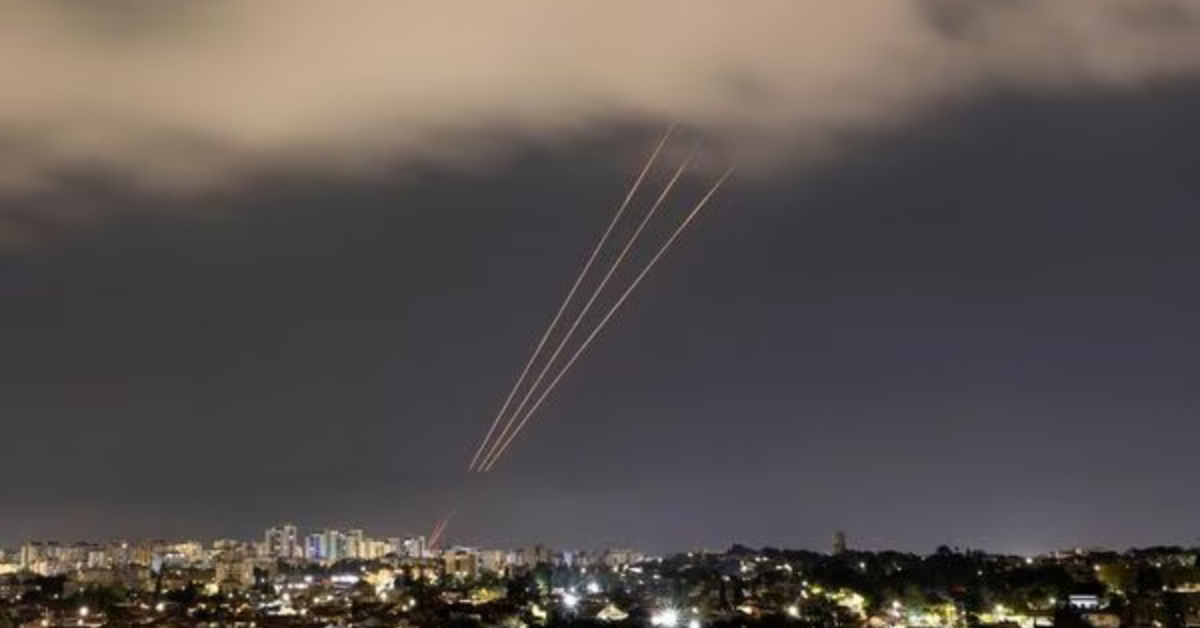In a dramatic escalation of tensions in the Middle East, Israel has launched airstrikes against Iran, sparking fears of further conflict in the region. The retaliation comes in the wake of months of simmering hostility between the two nations, compounded by the ongoing war in Gaza. As world leaders appeal for calm, Iran’s Foreign Minister seeks to downplay the severity of the reported Israeli retaliation.
Israeli Airstrikes:
According to reports from ABC News, citing a US official, Israel conducted airstrikes against Iran, resulting in explosions heard over the city of Isfahan. Al Jazeera further reported that several miniature UAVs (unmanned aerial vehicles) were shot down during the attack. While the exact targets in Syria and Iraq remain unconfirmed, the strike is widely regarded as a retaliatory measure following Tehran’s recent drone and missile attack on Israel.
Iran’s Response:
In the aftermath of the Israeli airstrikes, Iran swiftly responded by activating air defense batteries and temporarily shutting down flight operations in key cities such as Tehran, Shiraz, and Isfahan. Iranian Foreign Minister Hossein Amirabdollahian, however, sought to downplay the significance of the attack, emphasizing that Tehran was still investigating the incident and that no conclusive link to Israel had been established.
Escalating Conflict:
The tit-for-tat exchanges between Israel and Iran have intensified in recent weeks, with each side blaming the other for provoking hostilities. Israel’s vow to retaliate following Iran’s direct attack on April 13 marked a significant escalation in the conflict, which has already claimed lives on both sides. Tehran’s decision to target Israel in response to an alleged airstrike on April 1 only served to exacerbate tensions further.
International Concerns:
Amidst the escalating conflict, world leaders have expressed growing concerns about the potential for further destabilization in the region. Calls for calm and restraint have echoed across diplomatic circles, as leaders grapple with the complexities of the situation. The Biden administration has come under scrutiny for its perceived role in exacerbating tensions through its support for Israel in the Gaza conflict.
Humanitarian Efforts Amidst Conflict:
Despite the rising tensions, efforts to provide humanitarian aid to the embattled Gaza Strip have continued. Israel’s COGAT announced that 276 aid trucks carrying essential supplies were permitted entry into Gaza, underscoring the importance of maintaining humanitarian efforts amidst the backdrop of conflict. The provision of aid offers a glimmer of hope amidst the chaos of war.
Implications for Regional Stability:
The latest escalation between Israel and Iran underscores the fragile state of regional stability in the Middle East. With both nations possessing formidable military capabilities, the potential for further conflict looms large. The international community faces a daunting challenge in mitigating the risk of full-scale war and preventing the situation from spiraling out of control.
As tensions between Israel and Iran reach new heights, the world watches with bated breath, hoping for a de-escalation of hostilities. The path to peace remains elusive, with each side entrenched in its own grievances and suspicions. Yet, amidst the specter of war, there remains a glimmer of hope that dialogue and diplomacy may yet prevail in averting catastrophe in the Middle East.















